Everyone Wants a Football Club. Few Know What to Do With One
Owning a football club used to mean something. Now it’s a LinkedIn headline.
Every week, another investor group shows up with a term sheet and a dream of global relevance. They’ve watched the docuseries. Heard the Wrexham story. Maybe even skimmed Moneyball. But most skip the hard part: actually understanding what they’ve bought.
I’ve sat in rooms with overseas buyers calling a two-hour drive “basically London.” The same energy that makes tourists think Gatwick airport is close to Big Ben.
Football doesn’t care about your portfolio. And fans don’t want to be part of one. They want to feel something. If they don’t, they’ll let you know.
Burnt Money. Broken Trust
We’ve already seen what happens when new operators show up with buzzwords instead of blueprints.
Peter Lim promised ambition at Valencia and delivered instability. The club lost its identity. The fans lost patience.
At Manchester United, the Glazers bought English football’s crown jewel and leveraged it like a mid-tier shopping centre. Years of bloated exec hires, strategy decks that say nothing, and panic buys followed. Then came Ratcliffe. Less saviour, more spreadsheet. Cuts everywhere. Culture nowhere. Carrington’s being gutted. Loyal staff shown the door. The gap between club and community has never felt wider. What was once football’s gold standard now feels like a corporate carve-up with a training ground attached. A legacy diluted. A brand clinging to memory. Seventeen years since their last European Cup. And counting.
Lower down the ladder, you’ve got Reading, Derby, and Bury. Big talk on entry. Quiet exits. Same story.
In the Championship, clubs spend £1.16 for every £1 of revenue. Fewer than 10 percent turn a profit. More than half of Premier League clubs rely on shareholder funding just to operate. Ownership isn’t a win. It’s a furnace.
I’ve spent over a decade negotiating with clubs, investors, and players. Buying the club? That’s the easy part. What comes after is where it gets real.
You Still Have to Win
You can’t brand your way out of a relegation fight. You can’t post your way into the Champions League. Results still matter. Always will.
But the best-run clubs know that winning’s just one layer. The real ones build an operation that shows up on Saturday and every day in between.
Recruitment. Infrastructure. People. Tone. That’s the difference. Culture isn’t decoration. It’s direction.
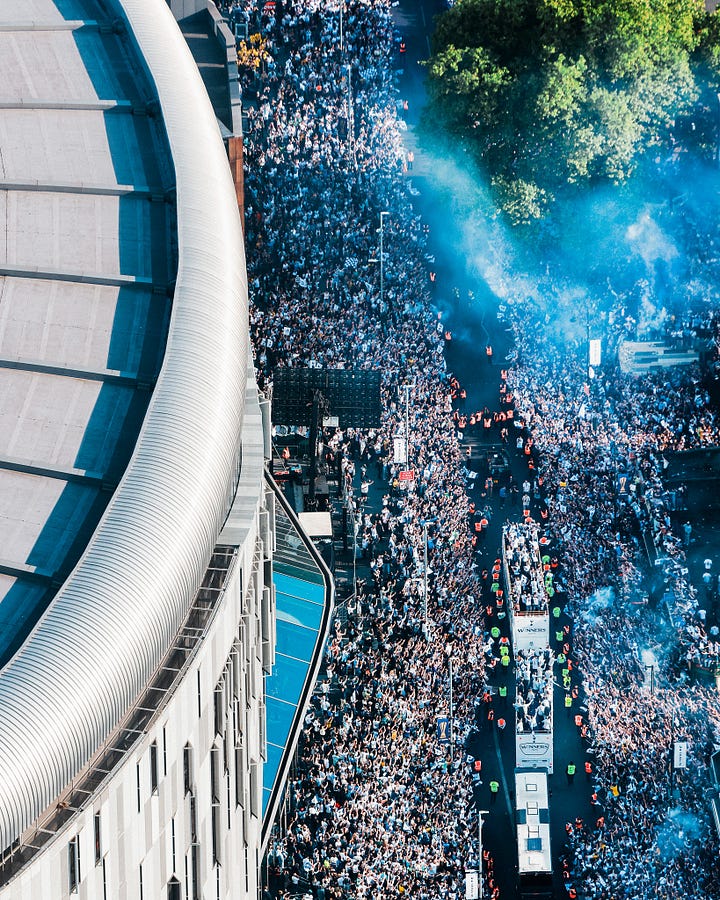
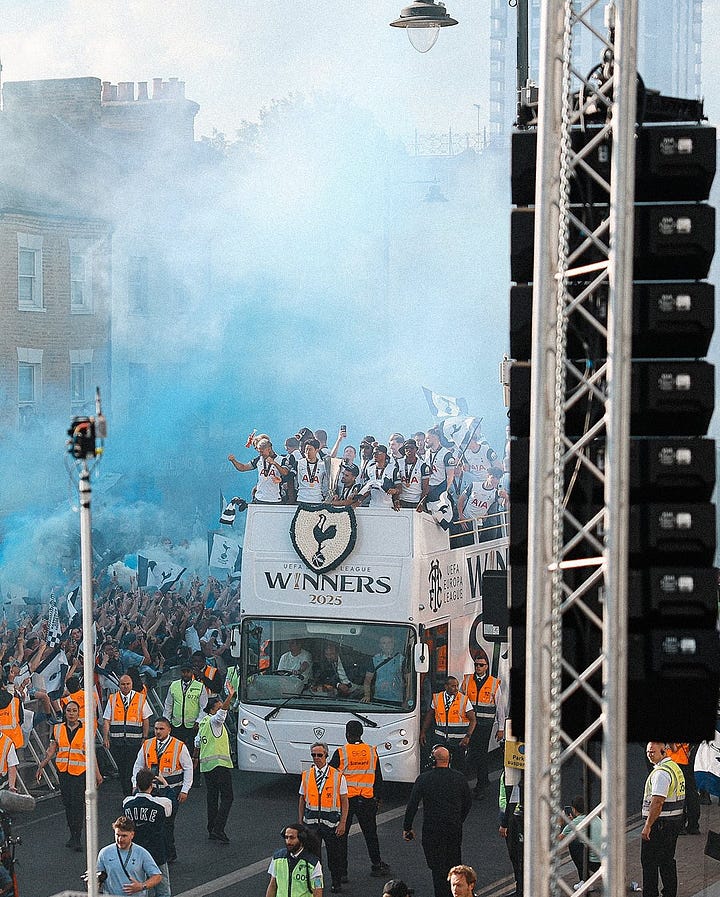
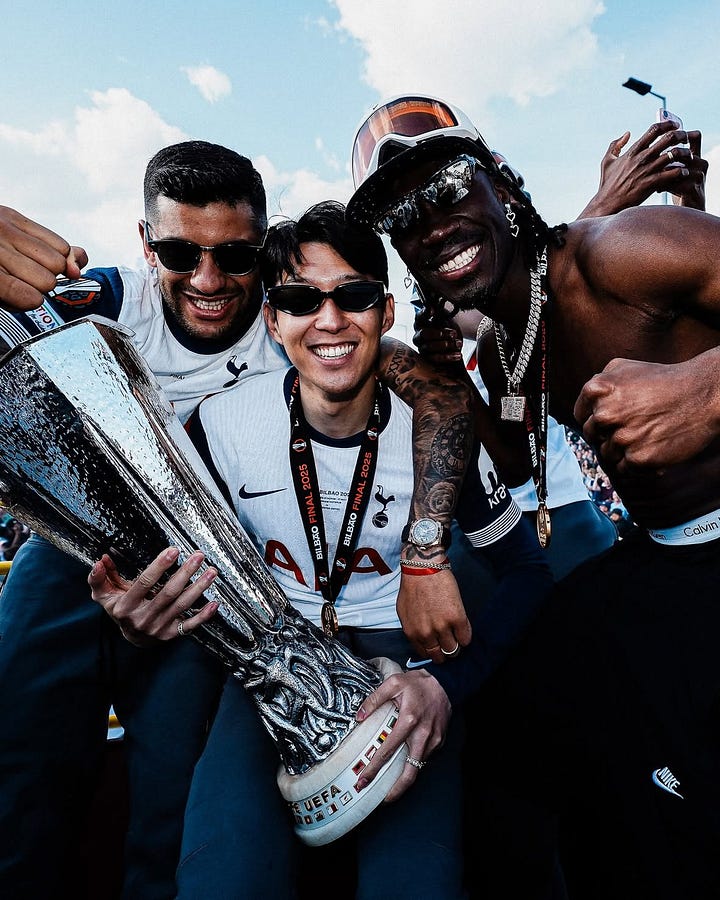
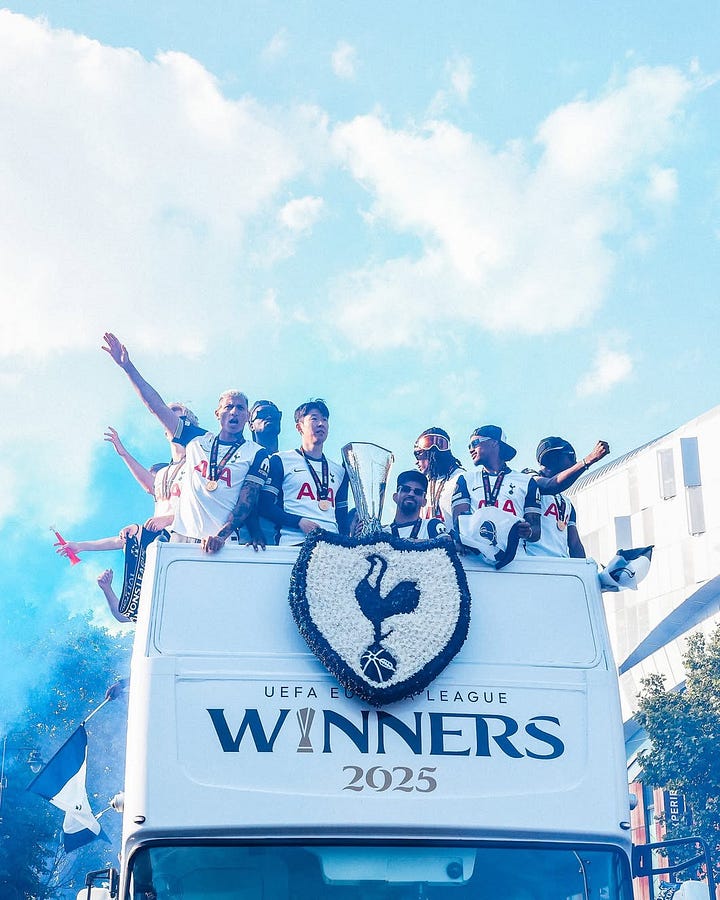
The Culture Travels
The best managers don’t just manage players. They manage energy.
Klopp’s Liverpool wasn’t just gegenpressing. It was cohesion. From the pitch to the partnerships team, everyone was in sync.
Phil Jackson is one of my inspirations. NBA legend. Knicks player. The mind behind Jordan’s Bulls and Kobe’s Lakers. Eleven championship rings not just because of tactics, but because he built systems where pressure, ego, and talent could coexist and win.
You’re seeing it now at Spurs. Postecoglou just delivered their lowest Premier League finish and their first European trophy since 1984. Still, he’s flipped the mood. Family, unity, no fluff. The fans feel it. Next season will be the real test. Whether he’s there or not, the belief’s back.
A manager’s values can’t stay locked in the dressing room. They have to bleed through the corridors, the canteens, the boardrooms. The football sets the rhythm. The club decides whether to dance.
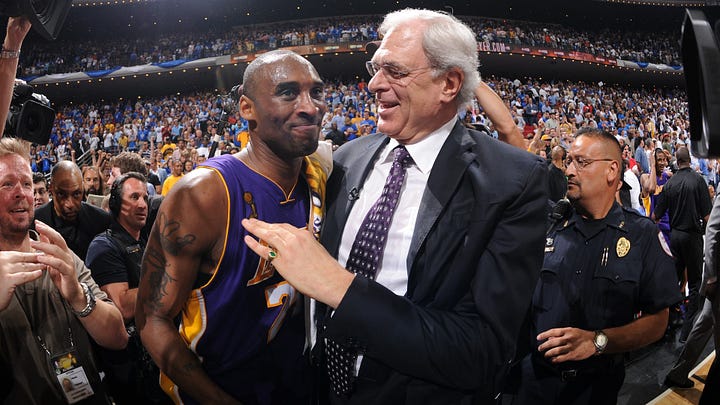
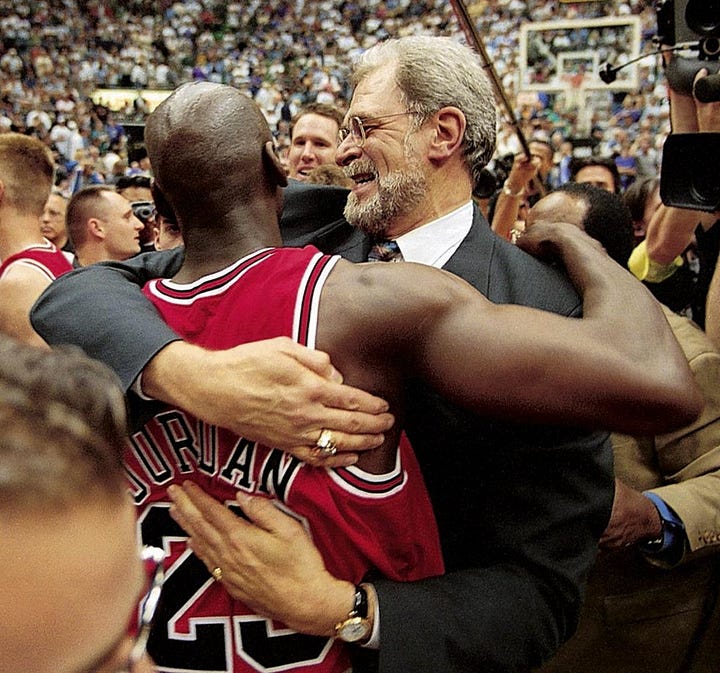
The Soul Still Matters
Manchester United didn’t just stop winning. They stopped feeling like United.
Right now, they’re about as far from the definition of "united" as you can get. Manchester Discontented sounds closer to the truth.
Ask someone who worked there ten years ago. I did. They’ll tell you about ambition, warmth, belief. Ask them now and you’ll hear about silos, politics, confusion. A club once built on certainty now runs on brand fumes.
That’s the cautionary tale. Buying a club isn’t the win. It’s the starting whistle. You don’t just need capital. You need conviction. And context. Without them, you’re just another line in the long list of owners who meant well and missed wide.
So What Do You Actually Do With a Club?
You build a team that wins, a business that lasts, and a brand that actually belongs. That means hiring the right people in rooms no one posts on Instagram. It means showing respect to the fans who were here before you and will be here after. It means thinking long-term in a short-term sport. And knowing that success doesn’t start with spend. It starts with understanding.
After 15 years on the deal side, the brand side, and the culture side, I’ve seen what works and what doesn’t.
Football doesn’t need more owners. It needs better operators.
I don’t just write about the future of football, I help shape it. If this hit a nerve, I’m probably already thinking about how we could build something together.
Thanks for reading GAMEPLAYER.
Through CAOS, GAFFER, and over 100 football contracts, transfers, brand deals, and equity-driven partnerships, I’ve seen power shift from clubs to investors, brands to athletes, and legacy to culture.
I break down what matters. Private equity takeovers, athlete-led media, billion-dollar sports IP, and the future of merchandising and streaming.
This isn’t just commentary. It’s about who’s making the real moves and what’s coming next.





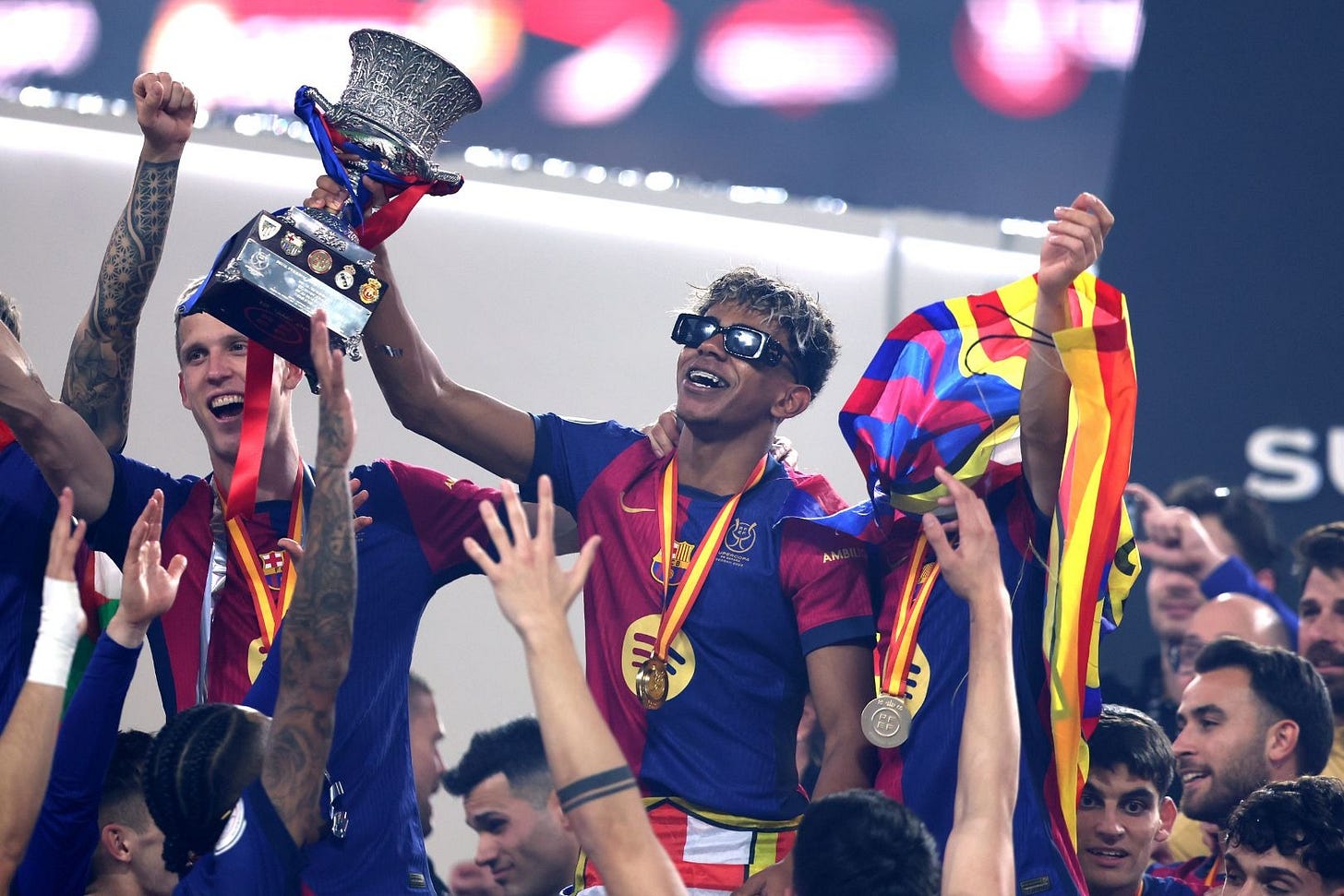
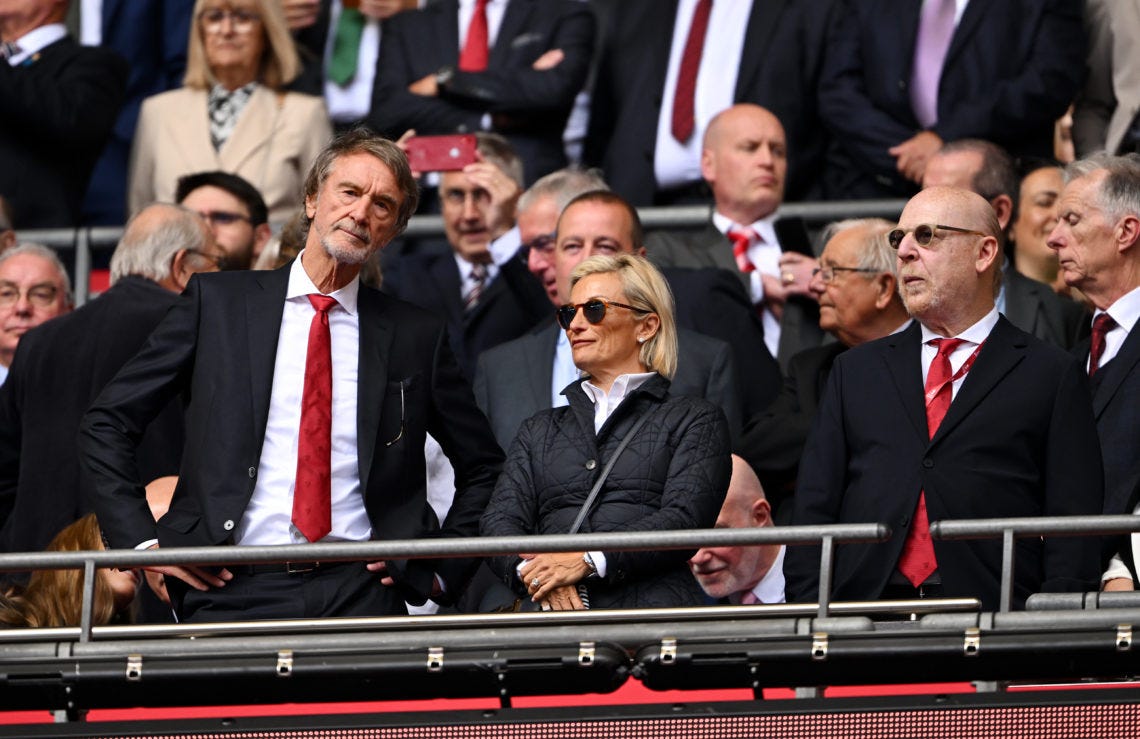

I would just add that it also means sticking to your values when it is not easy or comfortable.
As I read this, it felt like I was reading a history book about what this sport used to be 😓😓😓
Solid work…. This line caught me hard… “Manchester United didn’t just stop winning. They stopped feeling like United”. As a united fan, I know this is the gospel truth, the club has its soul